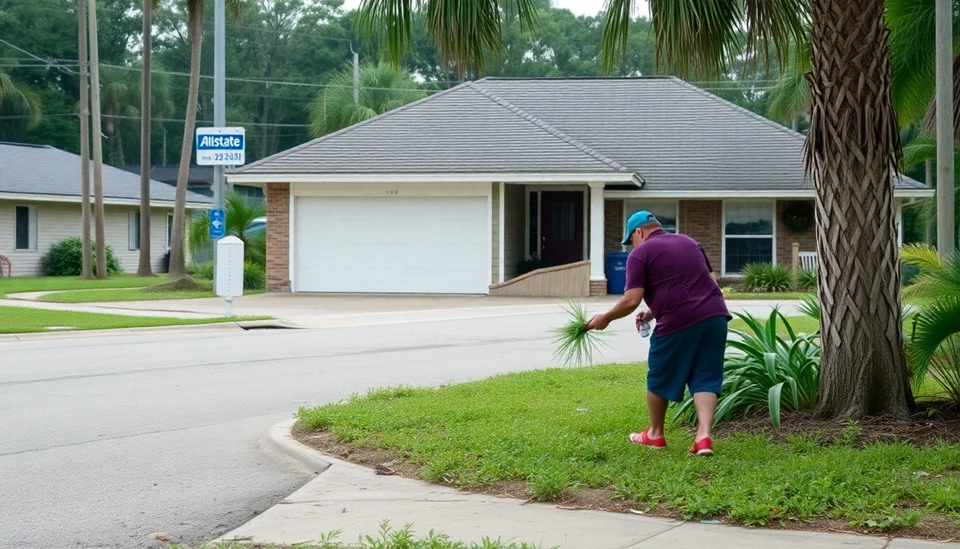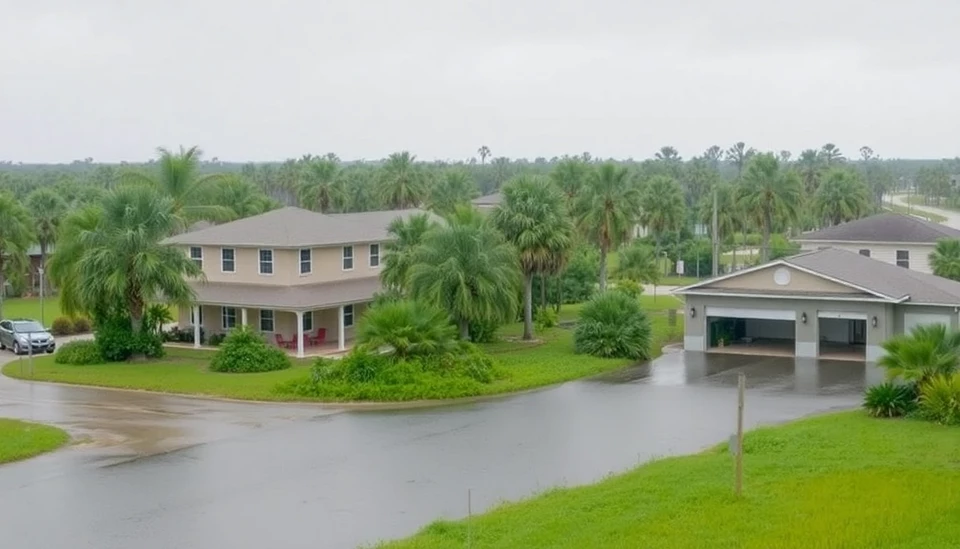
Helene-the unusual intensity of this storm-has brought torrential rains to millions of households across the United States, exposing a surprising deficiency in the nation's flood insurance coverage. As the remnants of the storm moved inland, residents find themselves fighting against a deluge for which they are ill-prepared financially.
The National Hurricane Center said Helene brought days of relentless rainfall across multiple states, and flooding was rampant. Notably, some of the hardest-hit areas are low-lying regions that historically have been prone to flood damage but in recent years have reported an alarming number of owners without adequate flood insurance coverage. In fact, over 80% of affected homes have no proper coverage.
Experts say the financial consequences to those uninsured homeowners could be disastrous. FEMA also voices worries over the long-term impacts on the economy, particularly on low-income families who may be forced beyond their economic capacity to pay for repairs. This incident puts a stamp on the dire need for better awareness and accessibility of flood insurance, an issue often left until disaster strikes.
Insurance companies and government agencies alike are in a mad dash to provide immediate assistance and supplies to the affected population. Emergency shelters are set up, and teams of volunteers, along with federal disaster relief workers, are also working around the clock to help in rescue operations and provide the essentials. However, the vast scale of the flooding has stretched resources thin, leading to calls for increased federal assistance.
Now, however, the insurance industry is under scrutiny, with critics arguing that more could have been done to promote the need for flood insurance in some of the areas where flooding occurred. A consensus that's beginning to emerge now: Policies will have to be revisited to offer broader protection and support for households, especially in high-risk areas.
This tragedy also underlines the wider effects of climate change, as such storms become frequent and strong. Climate experts have warned that a general increase in global temperatures is likely to be accompanied by more violent weather-an implication that the recent destruction caused by Helene may become more normal.
With these developments, there are growing calls to reconsider flood management strategies and to invest more in disaster-resistant infrastructure, given these weather-related disasters. The Biden administration has committed to strengthening climate resilience, and this recent spate of storms will no doubt propel that effort.
This disaster is a stark reminder of the vulnerabilities in our current system, and the critical need for comprehensive flood insurance coverage-to protect individual homeowners and to ensure broader economic stability-as affected communities begin the arduous process of recovery.
#Helene #FloodInsurance #USWeather #ClimateChange #FEMA #DisasterRelief #InsuranceCoverage #StormImpact #Flooding #ClimateResilience
Author: Megan Clarke




